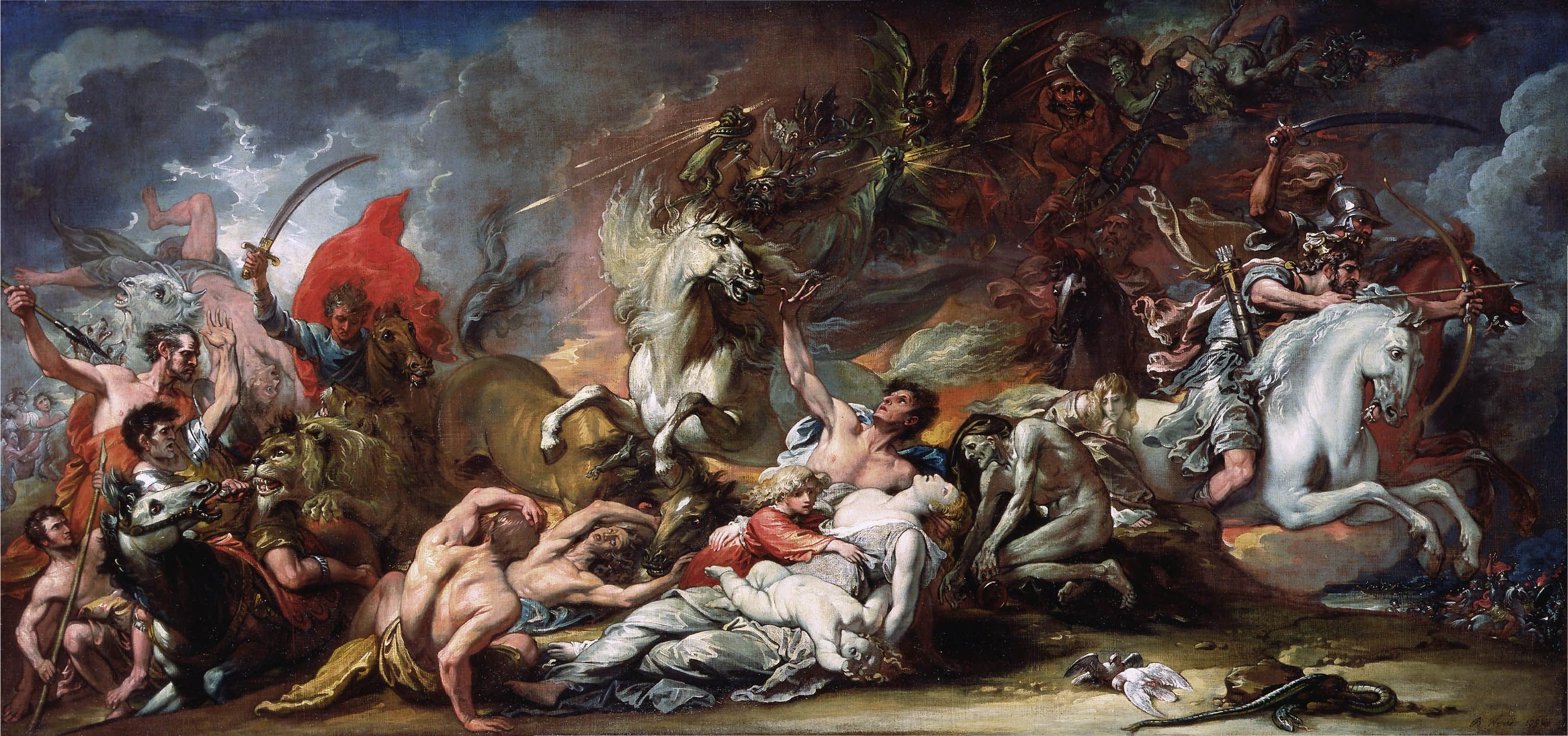At Public Seminar, Alexandre White, a sociologist and scholar of disease outbreaks, examines how nineteenth-century European paranoia about contracting diseases from colonized territories connects to the resurgence of xenophobia witnessed today. White focuses on the 1973 French novel Camp of the Saints by Jean Raspail, a racist tirade disguised as a story about Third World migration to the West, which has recently been invoked by Steve Bannon and other right-wing figures. White unpacks the complex history of Western anxieties about disease, and the use of this anxiety to justify racist exclusion and violence. Read an excerpt from the piece below, or the full text here.
While it may seem unsurprising that an espoused right wing, anti-immigrant figure would gravitate to such a text, where do the racialized logics behind works such as Camp of Saints emerge and what are the modes through which they continue to operate? What makes the image of White western civilizational apocalypse such an enduring theme? To think through the modern phenomenon of the ideologies espoused in Camp of Saints we must first explore its antecedents. The racist visions that Raspail channels in his hateful novel derive not from right-wing prophesizing, but are entwined within the roots of a much longer history of racist anxiety over international migration, which was manifested earlier in regimes of disease control …
What the linking of the International Sanitary Conventions and Camp of Saints tells us is profound. The framers of these early health regulations recognized the deep interconnectedness of the world and that without colonial exploitation, the world economy benefitting from it would fail. What Raspail fails to grasp through his colonial aphasia[4] — the occlusion of imperial histories and misremembering — is that the Western culture which he so cherishes was never the product of a hermetically sealed white order, but was built upon the backs of those unnamed hordes he kills with impunity in his novel. The fear of racial apocalypse ignores these legacies. Those “faceless masses” in Camp of Saints were always already present in the West: either physically, or in the invisible labor behind the products of empire, omnipresent as “the sugar at the bottom of the English cup of tea”.
Image via Public Seminar.
